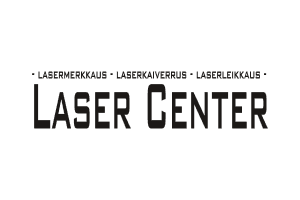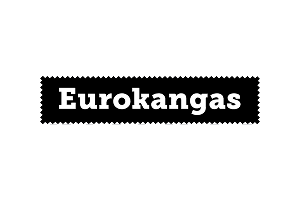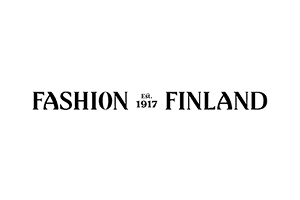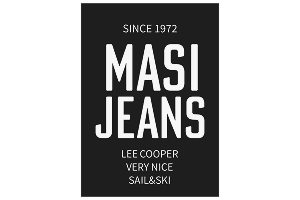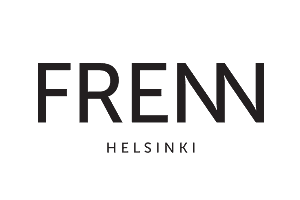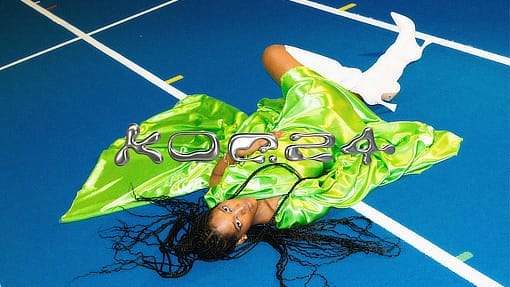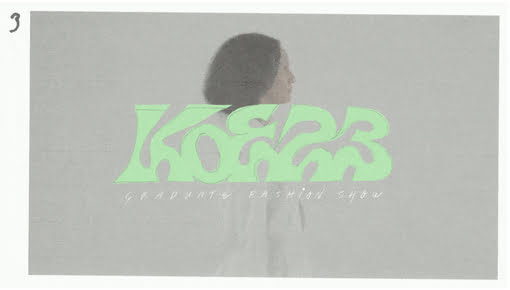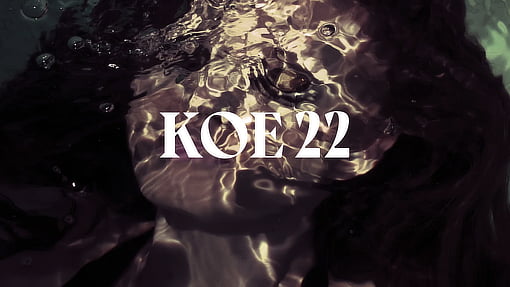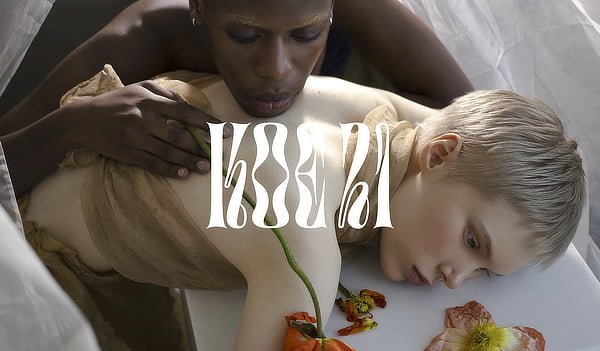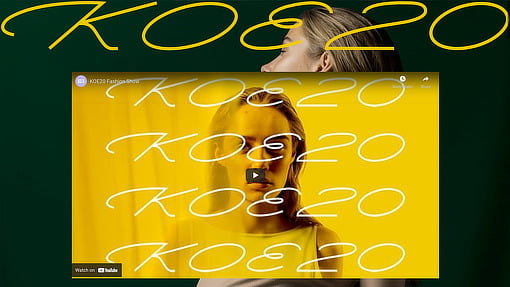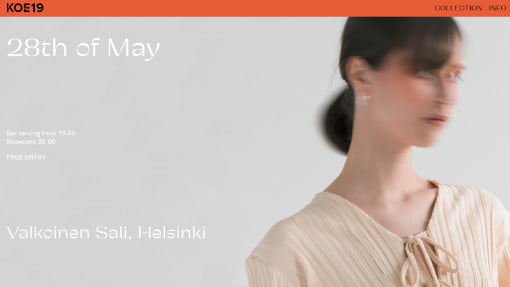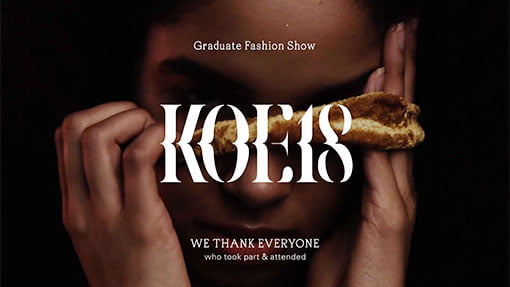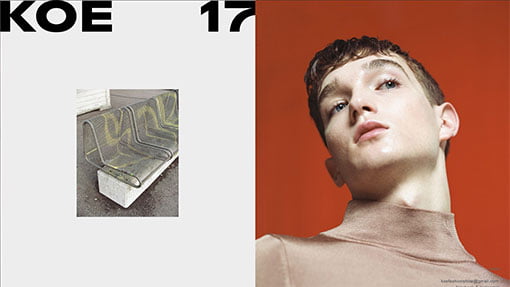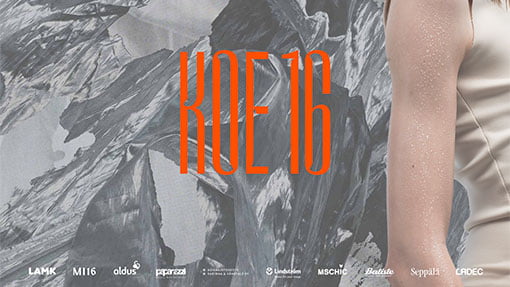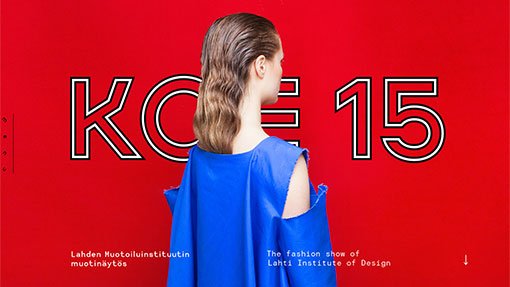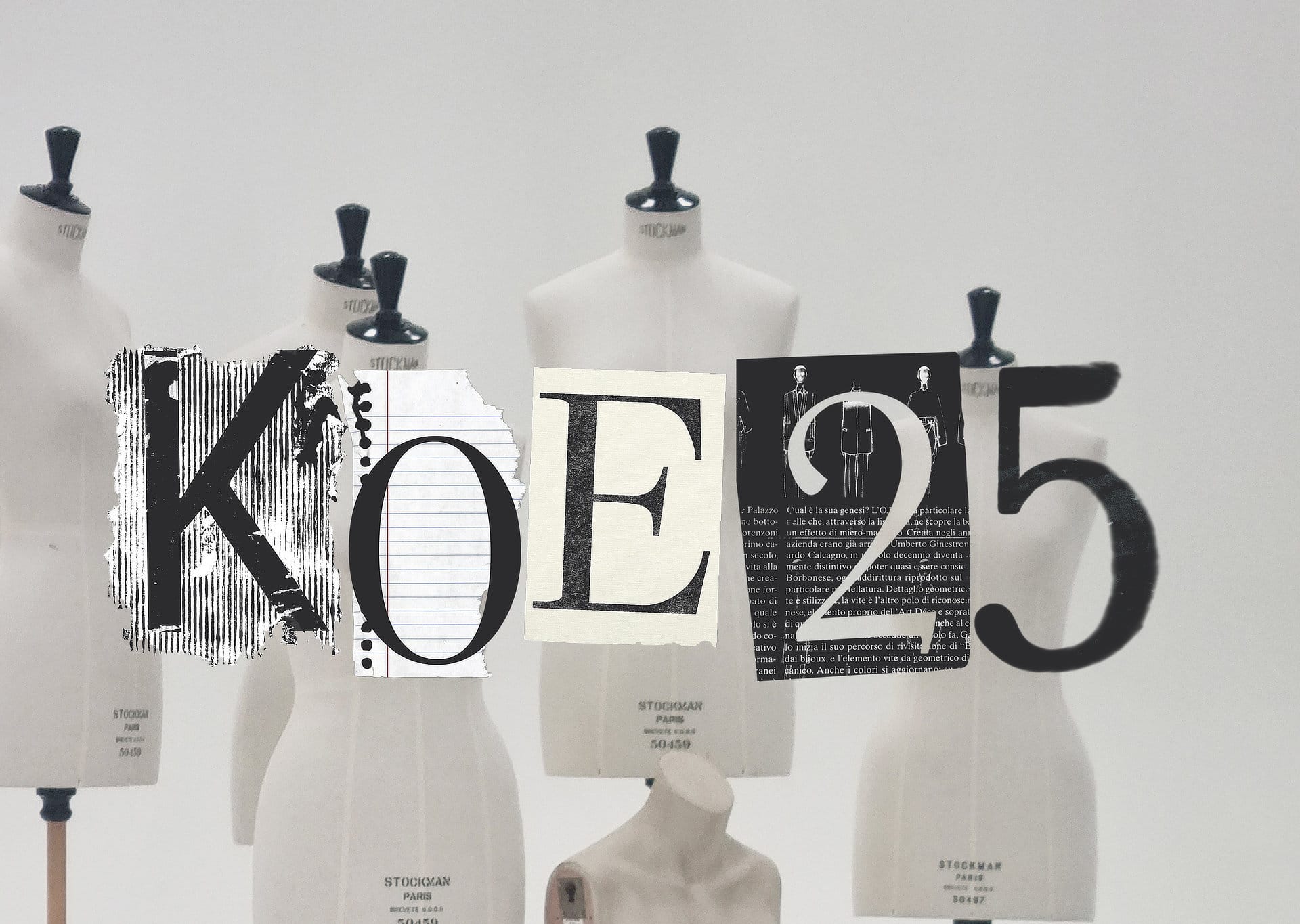
The annual KOE Fashion Show is a vibrant event that spotlights the emerging talent of fashion designers from the LAB Institute of Design and Fine Arts.
KOE25 presents collections of 9 talented designers, each of whom is the result of their graduate thesis research. The collections include themes ranging from history to the present day and future, with sustainability and circular economy playing important roles. Topics include making garments from discarded umbrellas, waste materials and dog hair. Shame, symbolism, heritage and questions on identity are also among the versatile research questions and the final collections.
Fundamentally, the KOE Fashion Show serves as a stage for brilliant collections and forward-thinking designers, signalling the future of fashion through creativity and passion.KOE25 also presents looks and concept collections designed by third-year students, as well as zero-waste outfits by second-year students.
KOE Fashion Show is part of Fashion in Helsinki, the international platform for emerging talents in Finnish fashion.
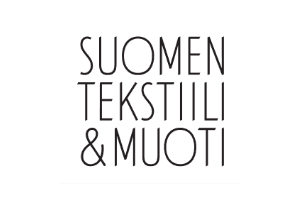



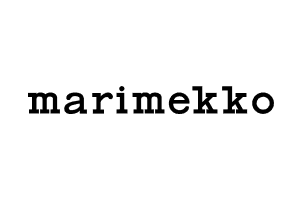

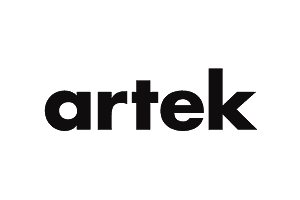
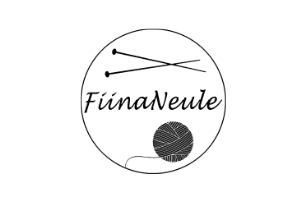










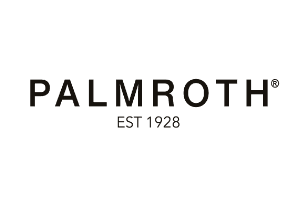
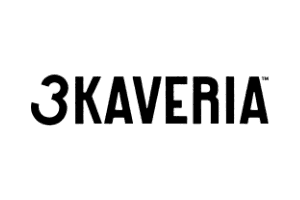


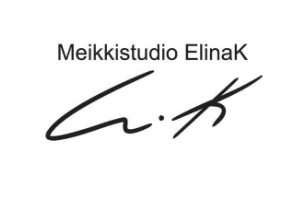







collections
Arttu Mikkonen
Halo
Arttu Mikkonen is a graduating designer who believes that studying the world and different themes through designing and highlighting craftsmanship in clothes is important. He is inspired by the garment more than fashion, which is why he chose to extend the lifespan of a garment through its structures as the subject of his thesis. In his work, he studies traditional tailoring techniques and what makes a garment long-lasting and high-quality. With his subject choice, Mikkonen wants to highlight how a garment is more important than fashion. This way he opposes a consumer behaviour, where changing trends lead people to unsustainable consumption.
His thesis collection is inspired by the old children’s book ‘’The Little Match Girl.’’ The story handles a lot of various themes and in his work, Arttu wants to approach these with metaphors instead of direct interpretation. The designs are classic while leaning towards avant-garde. The garments have a lot of details and elements that highlight craftsmanship and artisan work. Mikkonen thinks that nowadays clothes try to emphasise perfection too much, which takes away the human-created value from them.
IG: @arttumikk0nen
Email: arttu15.mikkonen@outlook.com
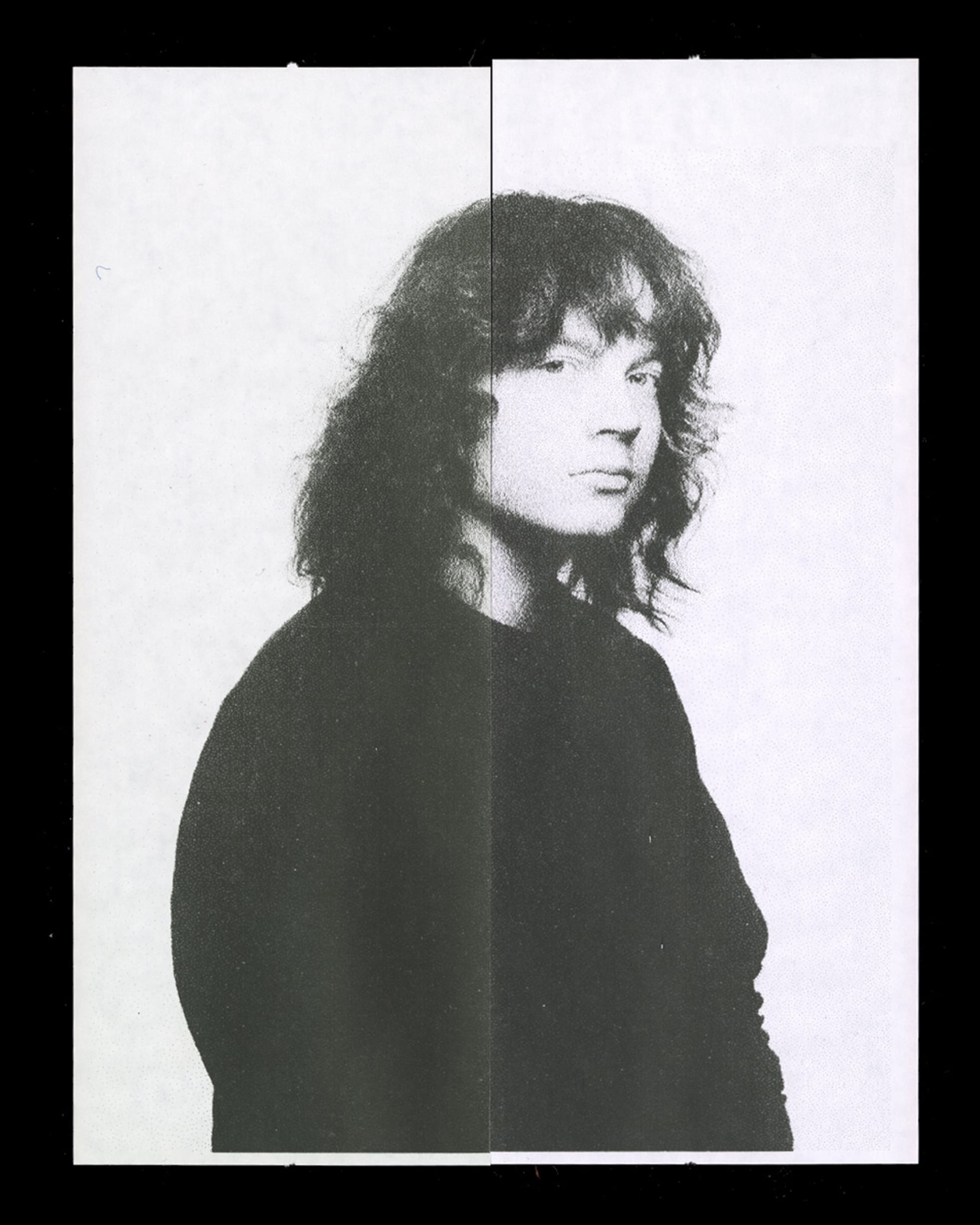
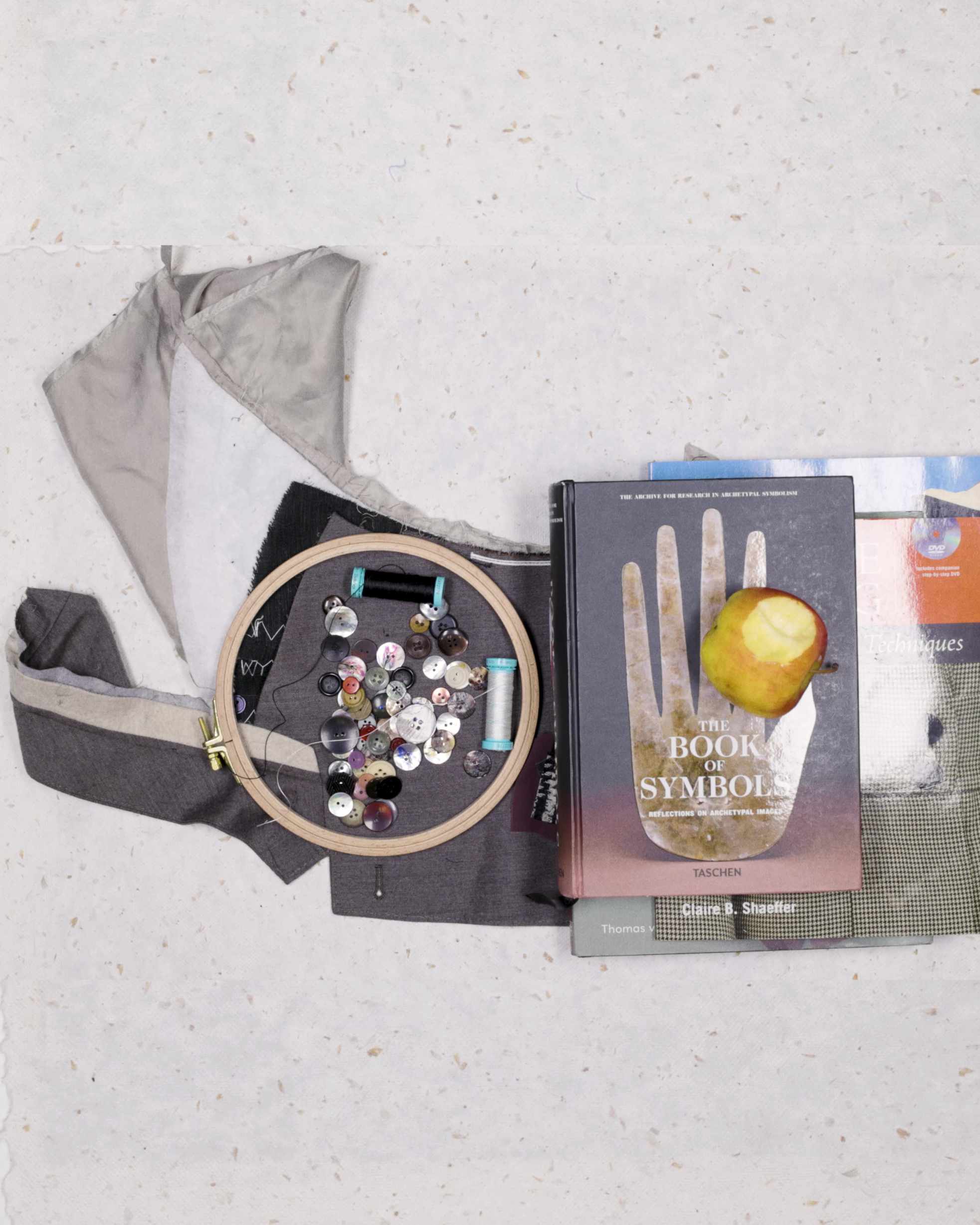


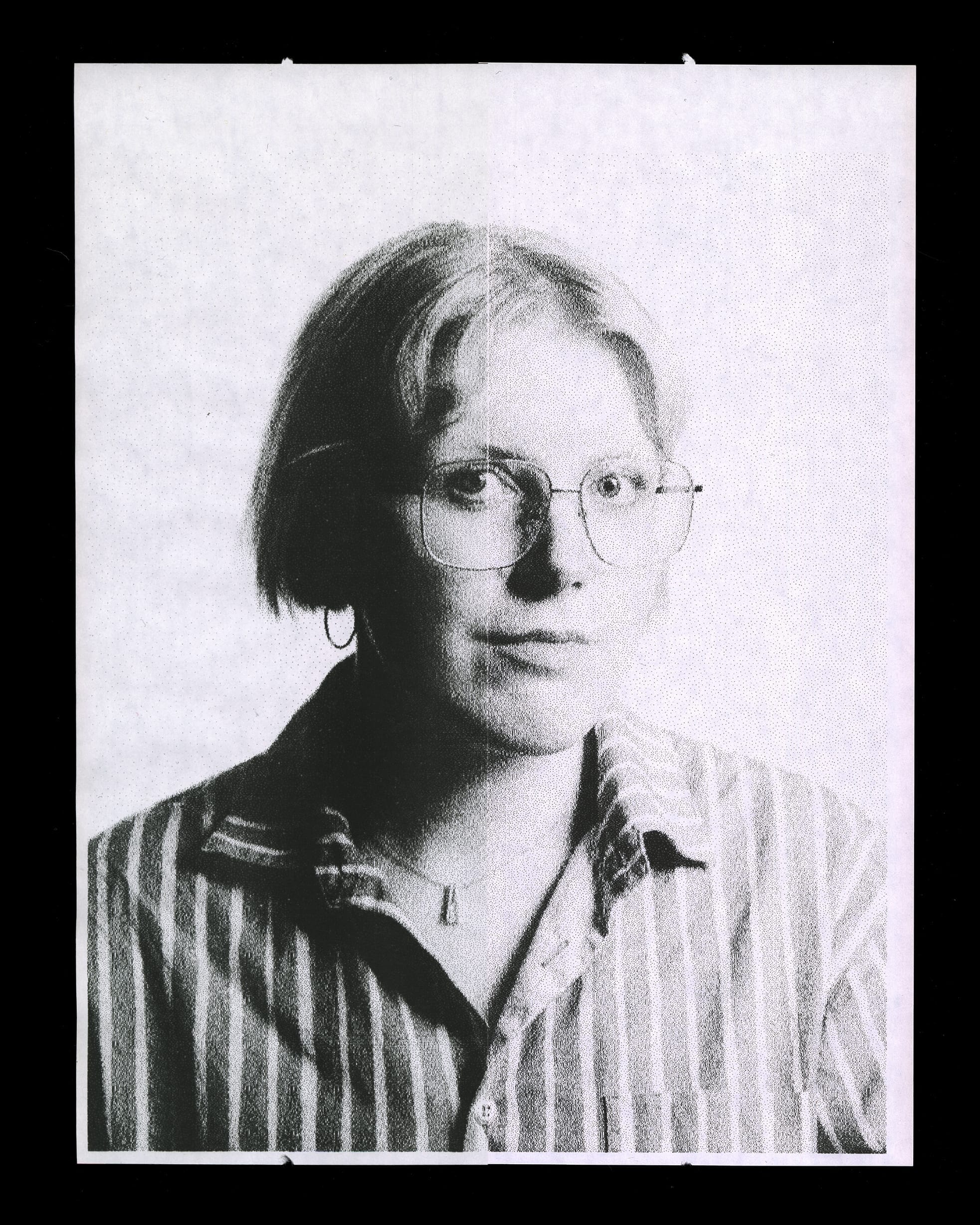
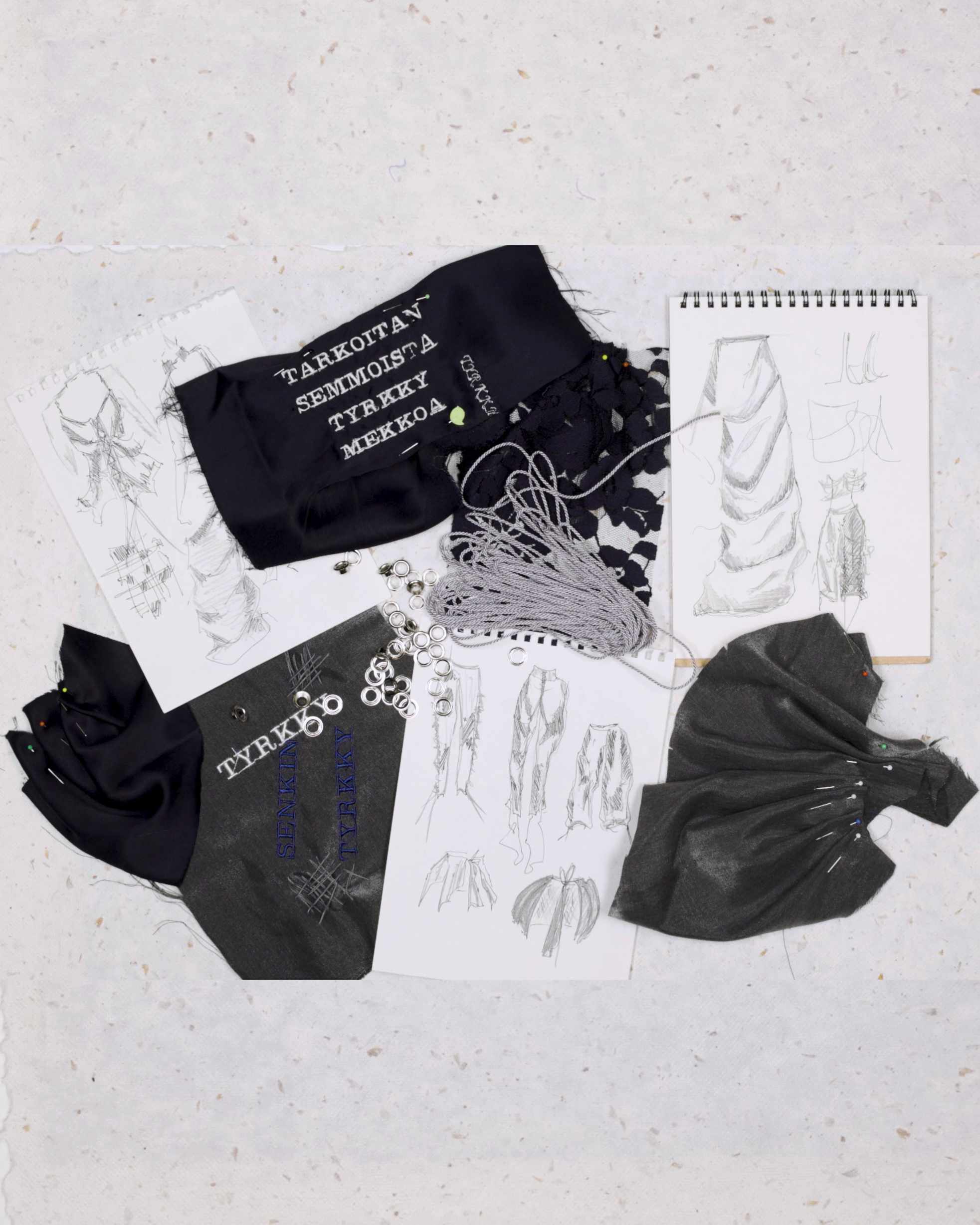


Ira Haili
Aina saa hävetä ja kärsiä
Themes and stories act as a strong base and medium for Ira’s design work. As a designer, she is interested in the thoughts of others – how they think and why – surrounding culture, challenging these things and reflecting on conflicts. Utilising opposing angles and contrasts is characteristic of her work process. Her own roots are often the source of inspiration: Finland and its history, the Finnish mindset and how the surrounding society operates.
In her thesis, Ira studies the relationship of Finnish shame culture and dressing – how honour, shame and unspoken agreements in society dictate today’s formal wear. The collection Aina saa hävetä ja kärsiä makes use of the visual findings of the research and also seeks inspiration from the vauva.fi online forum. To the collection, she wanted to create a contrast and combine the aspects of safe, “approved” type of formal wear with elements questioning the rules.
IG: @irahaili
Email: ira.haili@outlook.com
Rasmus Pihtsalmi
Shedding Season
Rasmus Pihtsalmi is a graduating designer, who as a person is curious, observant and precise. According to him these traits are reflected in everything that he gives his time and energy to. He is especially intrigued by new ideas and visions and experimentation. When starting a new project he aims to do what he hasn’t done before. This thirst for new ideas and experiments is what drives him forward as a designer.
In his thesis Pihtsalmi studies using dog hair from grooming salons in garments through wet felting. The designer has been interested in creating own materials for a long time, which encouraged him to choose the topic and dive deeper into the subject. The inspiration and development of his thesis collection are based on the results from his experiments and observing the wet felted material and what it has to offer. The basis of the products is respecting the created material and utilizing the qualities and opportunities it has in different ways.
IG: @pihtsalmi
Email: rasmuspihtsalmi@icloud.com
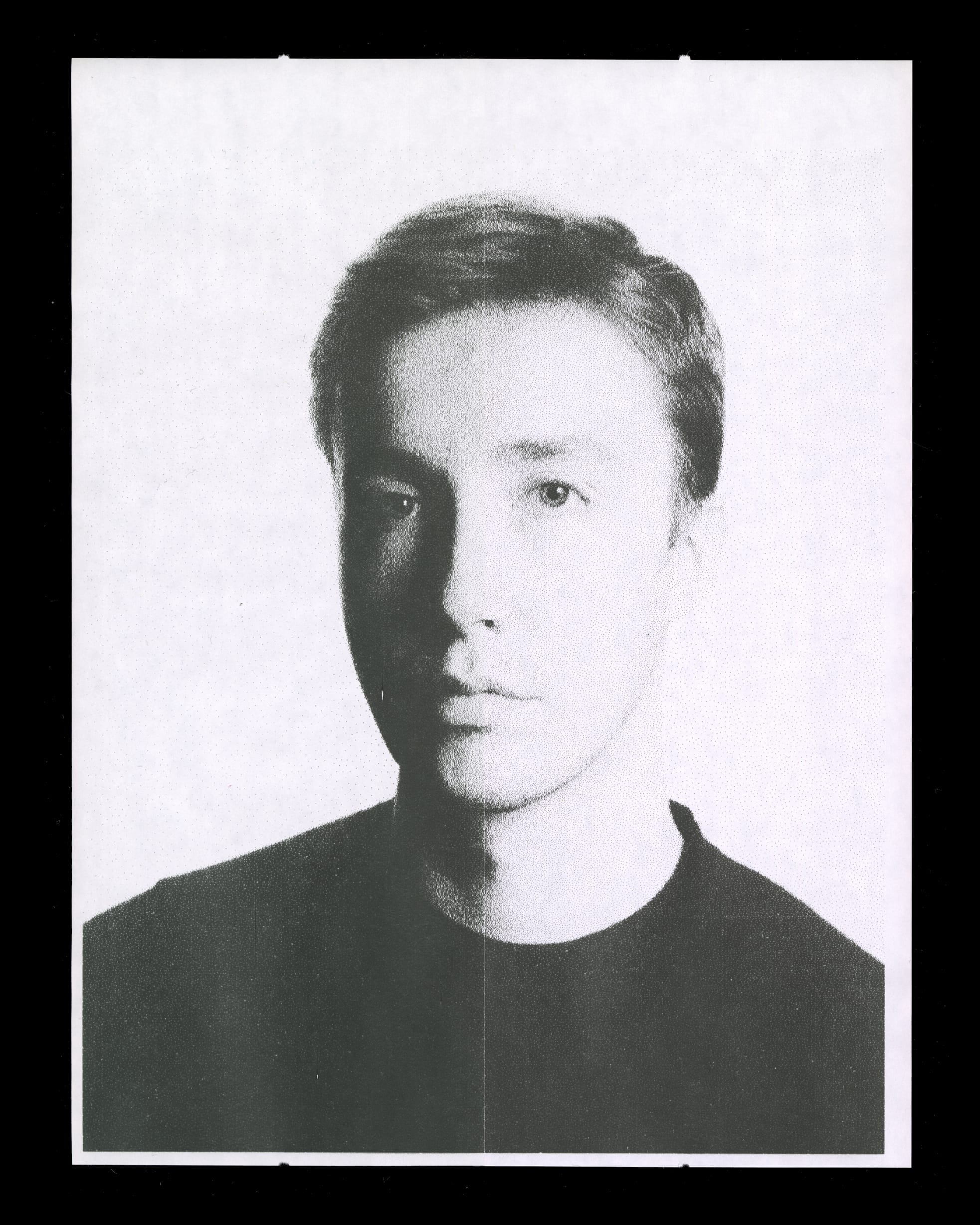







Rosemarie Veloso
Bayanihan
Rosemarie Veloso is a graduating fashion designer with a passion for making decorative details on garments and Filipino handicrafts. As a designer she is an enthusiastic crafter who takes inspiration from her roots. In her thesis, Rosemarie explores the preservation and application of the traditional Filipino craft in the Finnish fashion context. As a part of her thesis, she has organized an embroidery workshop in the spirit of community as it brings together two important cultures for her.
In her thesis collection, Rosemarie explores the different ways to apply traditional Filipino craft in clothing. In her work she handles calado embroidery technique and how it can be combined and used in outfits in different ways. The collection highlights elements of the Filipino national costume in a new environment.
IG @rosemarievelos.o
Email: velosorosemarie25@gmail.com
Kerttu Lindroos
Uhrilammas
As a designer, Kerttu Lindroos focuses on accessory design, the upcycle method and the reuse of materials. The products they create are gender-neutral and are aimed at open-minded people who want to break the standards of dressing and beauty. Kerttu finds inspiration from horror, uncensoredness and unconventional things.
In their thesis Lindroos studies body horror, which bluntly reminds a human of their mortality. In their work they discusses how body horror connects with fashion. Self expression through body horror is a powerful way to concretely take control of one’s own body and rebel against norms in an unpleasant and provocative way.
Based on their research Kerttu designs an accessory collection and creates it by using materials from discarded animal leather garments. They designs the accessories to be wearable and adjustable, and they can be combined with many different styling options.
The collection is inspired by darker side of the subject, where the sense of control has been taken away. The collection reflects the feeling, when a persons self-expression has been restricted by expectations and bound by invented norms.
IG: @kerttulindroos
Email: kerttu00@gmail.com
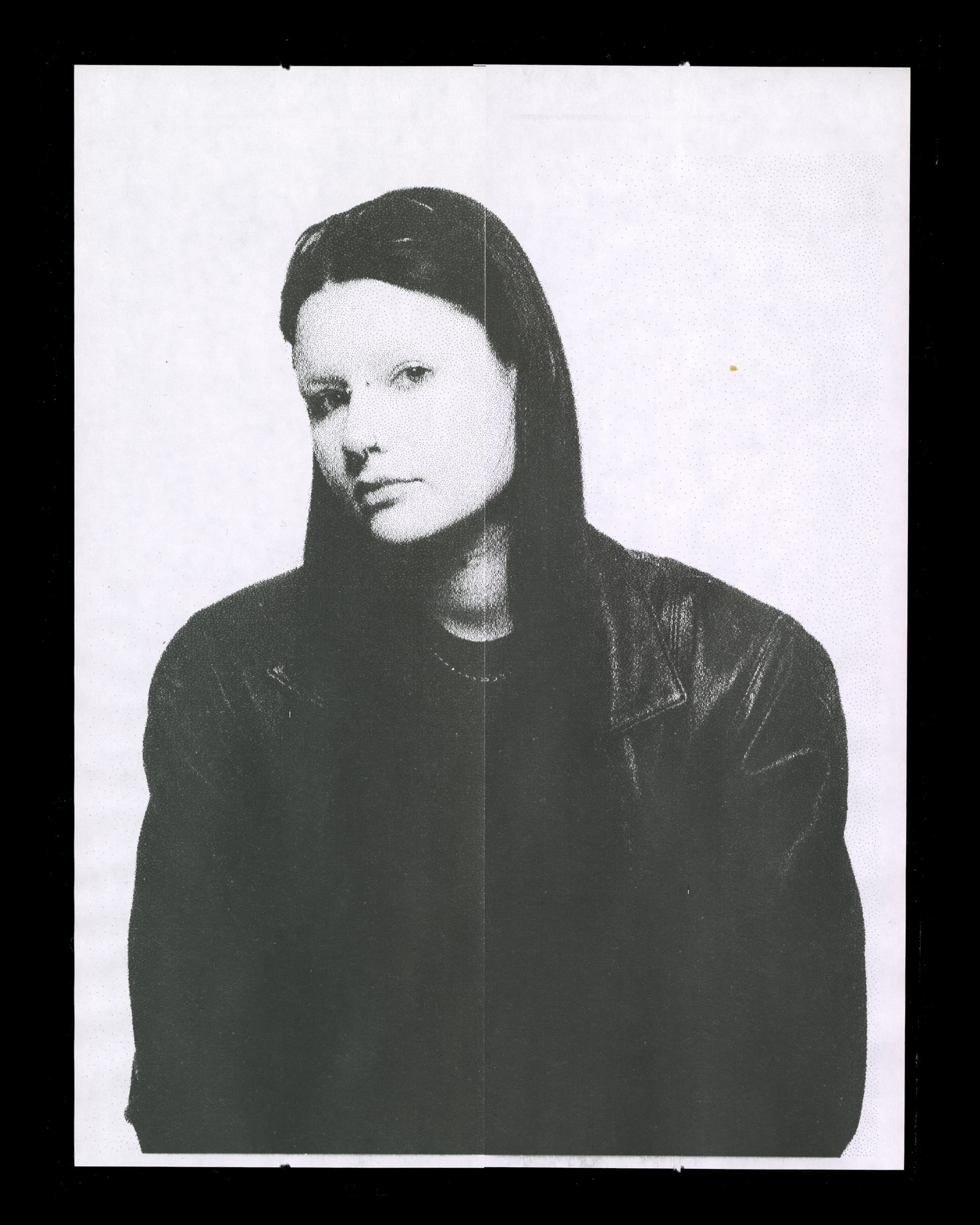
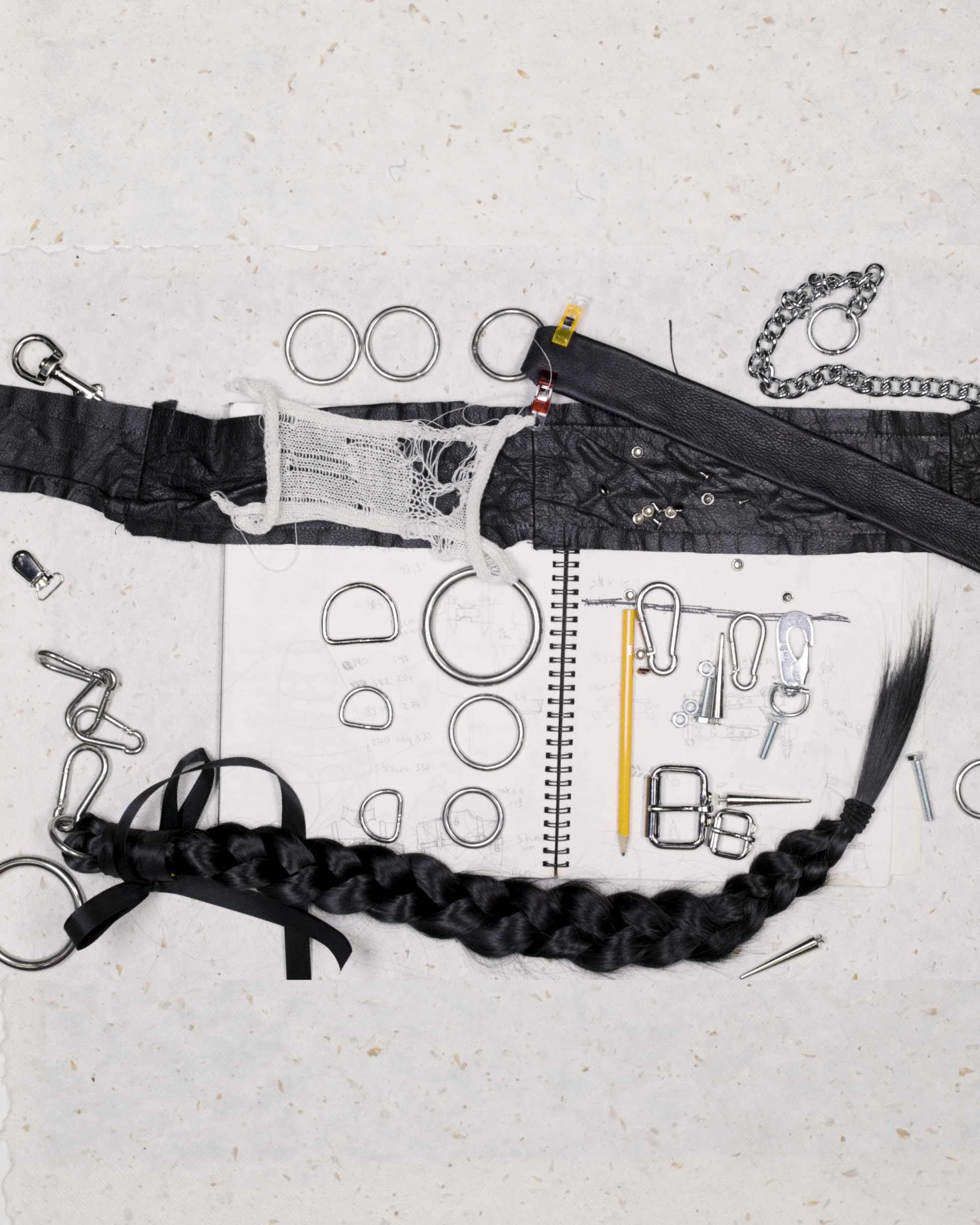






Susanna Korte
Visual Armour
Susanna Korte draws inspiration for her collection from the spiky armours and hunting equipment of the pre-industrial era. In her thesis, she explores solutions and the significance of a garment’s aesthetic transformability. The designer is fascinated by the contradictions of the human mind and the primitive concept of the unstable roles between the hunter and the hunted.
The concept behind the collection is based on the idea of a vulnerable person who attempts to protect themselves by appearing dangerous and spiky. The handmade spiky elements incorporate an attachment system, adding a dimension of transformability to the garment.
Korte approaches the garment from a conceptual perspective, where high-quality technical solutions and three-dimensional thinking are used to create atmospheres that extend beyond the garment’s boundaries.
IG: @kortedsgn
Email: korte.susanna@outlook.com
Miia Keskitalo
Rainscape
As a designer, Miia is inspired by urban materials and textures, geometric shapes, asymmetry, nature as well as important moments and experiences. According to her principles, clothing is made for use and not just admiration, so maintaining functionality despite having a bold design is important. The use of upcycling techniques is key to her design work. She believes that abandoned materials deserve the possibility to tell a story and prove their potential in the form of a new product. On top of fashion design, she is an artist and raccoon enthusiast.
Her thesis work studies the possibilities of umbrellas in the design of wearable products. Umbrellas cause immense waste issues globally, and annually, about a billion of them are being disposed of and recycled incorrectly. Her aim is to upcycle the materials with zero waste design, so that the umbrella’s lifespan could be prolonged in the shape of clothing and accessories.
Miia’s inspiration came from the umbrellas’ materials, their geometric shapes, colours and the increasingly extreme weather conditions. As these severe phenomena, such as heavy rains, increase, she began to think of alternative ways to shelter from them. She has embraced the original cuts of the umbrellas, not hiding the naturally born futuristic shapes, while at the same time upholding the principles of functionality.
IG: @miiakeskitalo.designs
Email: miia.keskitalo1@gmail.com




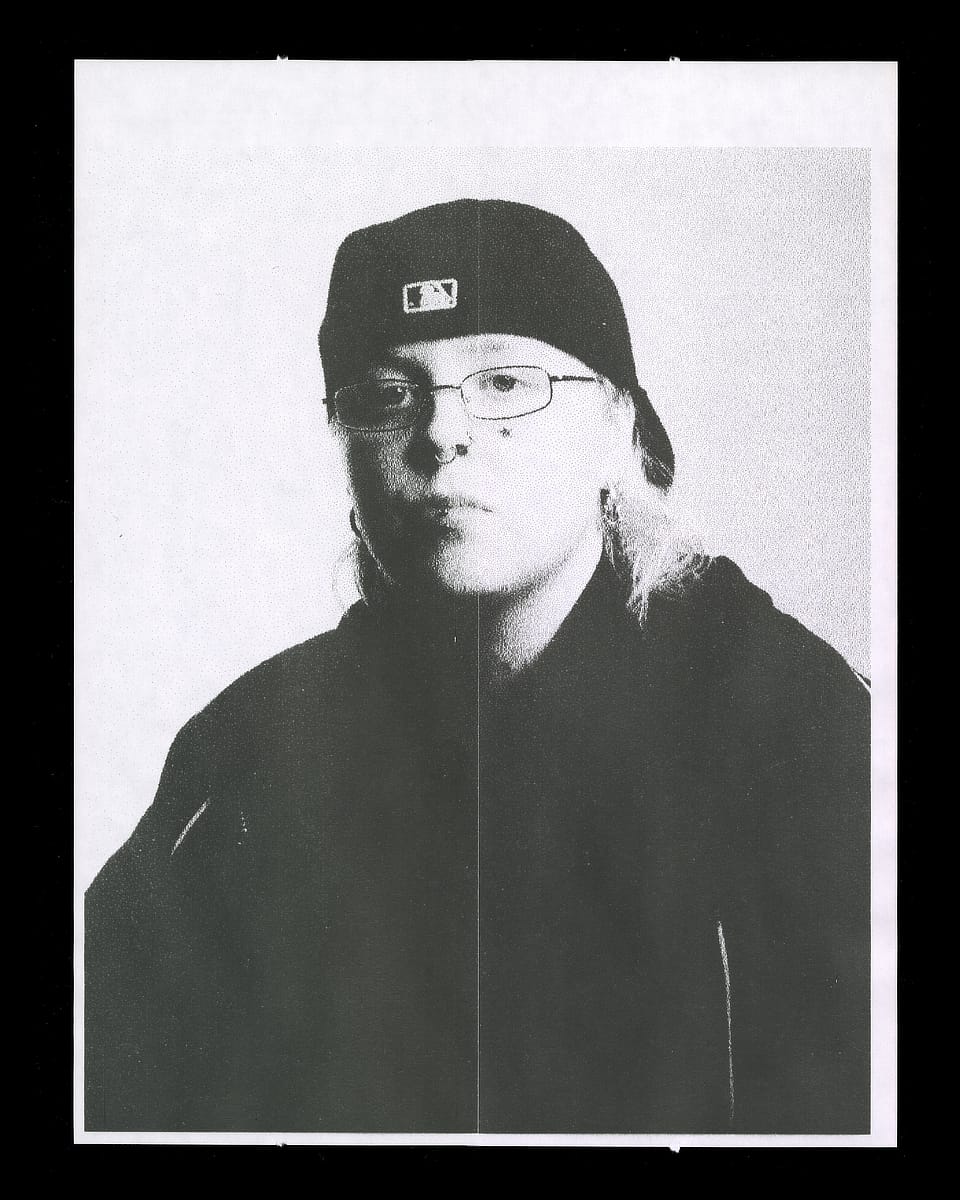
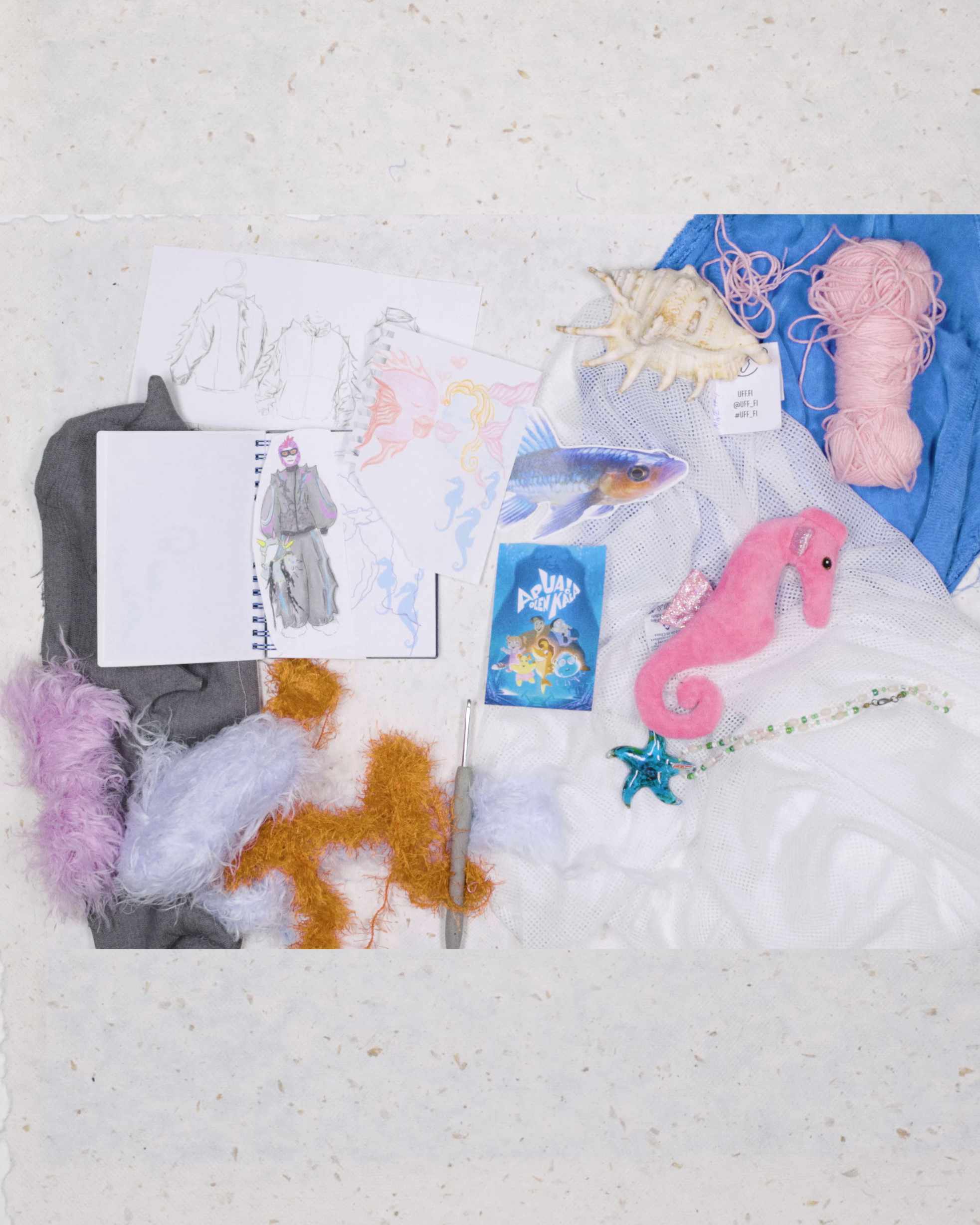


Jenne Välitalo
c-li-li-<
Jenne Välitalo finds inspiration for their designs from things such as toy cars, wild horses, queer-culture, nature and love letters. In their thesis, Jenne is inspired by fishes and their homes that have been destroyed by humans. Välitalo recently watched a movie ‘’Help! I’m a fish’’ which they used to watch a lot as a child. The thought of actually being a fish brought a lot of small worlds to life in Jenne’s mind.
Välitalo thinks that as a designer, it is especially important to support nature, soft values, and to question the established rules and ideals of the industry. In addition to fashion design, other important things for them are soft values, family and loved ones, Jenne’s beloved crush, nature, reggaeton and peacefulness.
In their thesis, Jenne studies textile circulation in Finland, specifically focusing on how much post-consumer textile there is, why it is being created, how it can be used and what the design process is like when a whole fashion collection is made from post-consumer textiles. Jenne finds it important to use materials that don’t harm the environment, and the thesis collection is made from post-consumer textiles and waste materials.
IG: @jennnnnnnnnne
Email: jennevalitalo@gmail.com
Wilma Paatola
Olen Aina Ollut
Wilma’s thesis studies how the feminine and masculine identities manifest in lesbians’ dressing. She feels that the social aspect is also an important part of the responsibility discussion, albeit slightly less talked about, and through her thesis work, she wants to participate in promoting the visibility of sexual and gender minorities, as well as creating space for lesbians, a group that has been stigmatised throughout history.
In her work, Wilma discusses the ways in which lesbians throughout history have broken societal and patriarchal norms regarding dressing, and the way that they reflect lesbians’ self-expression through clothing today. She looks at femininity and masculinity outside the hetero normative and explores their role in lesbian dressing and how they appear on the outside.
As a designer, she is inspired by the design and fabrics of historic clothing. She finds beauty in gothic darkness, but also in its romanticism and the security it brings. She is fascinated by the tastelessness, richness and oddities of the 1980s new romantics style, along with taking a stand against society’s gendered roles. Her aim is to produce lasting clothes with carefully thought-out structures.
The collection “OLEN AINA OLLUT” (I HAVE ALWAYS BEEN) is a stance-taking, feminine women’s collection in which Wilma draws from her research and the ways of being feminine outside male approval. The black colour refers to a historic lesbian individual who in the 1800s decided not to follow the time period’s societal norms and wore only black. Obsolete and faulty deadstock fabrics, normally ending up as waste, are used as the collection’s materials.
IG: @paatola.wilma
Email: paatolawilma@gmail.com
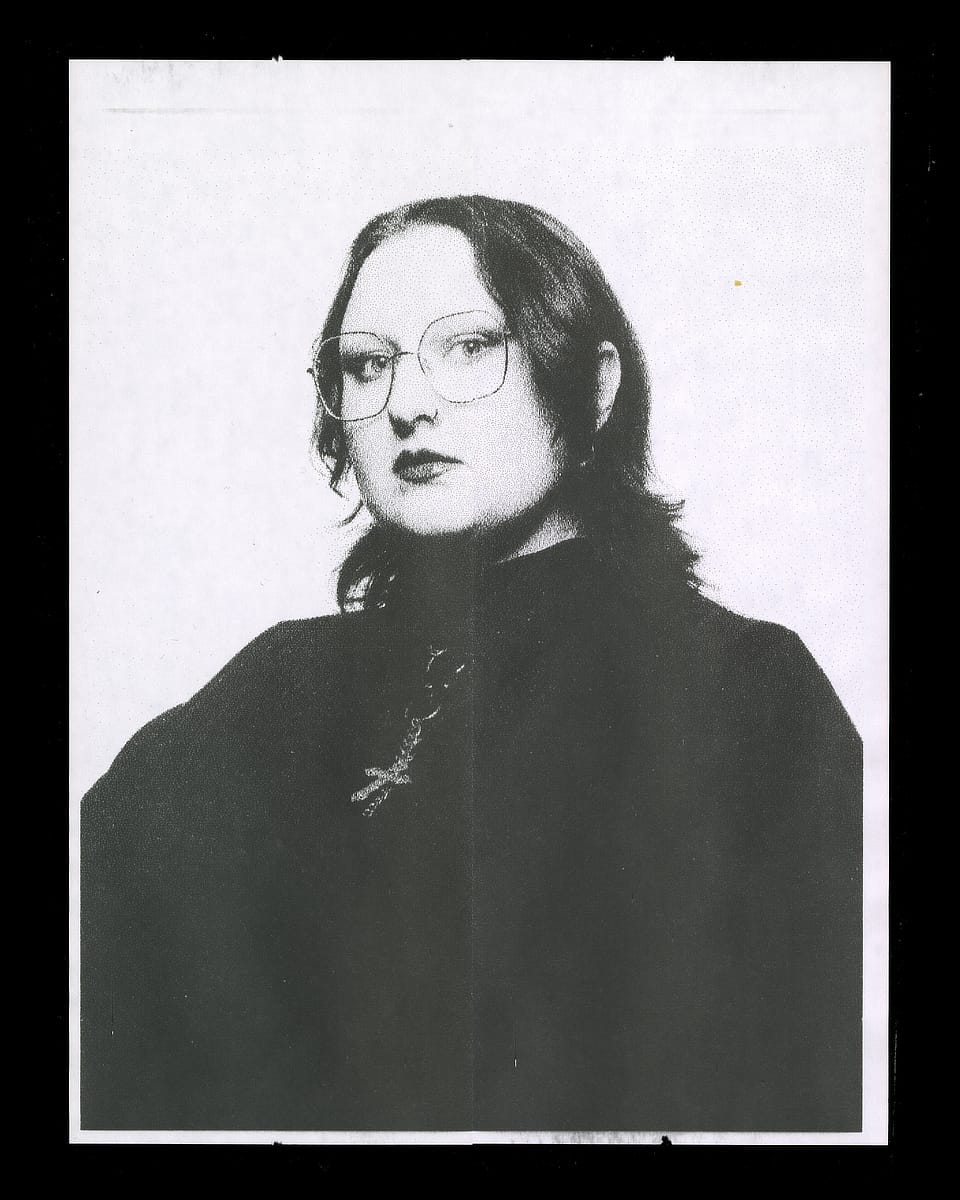
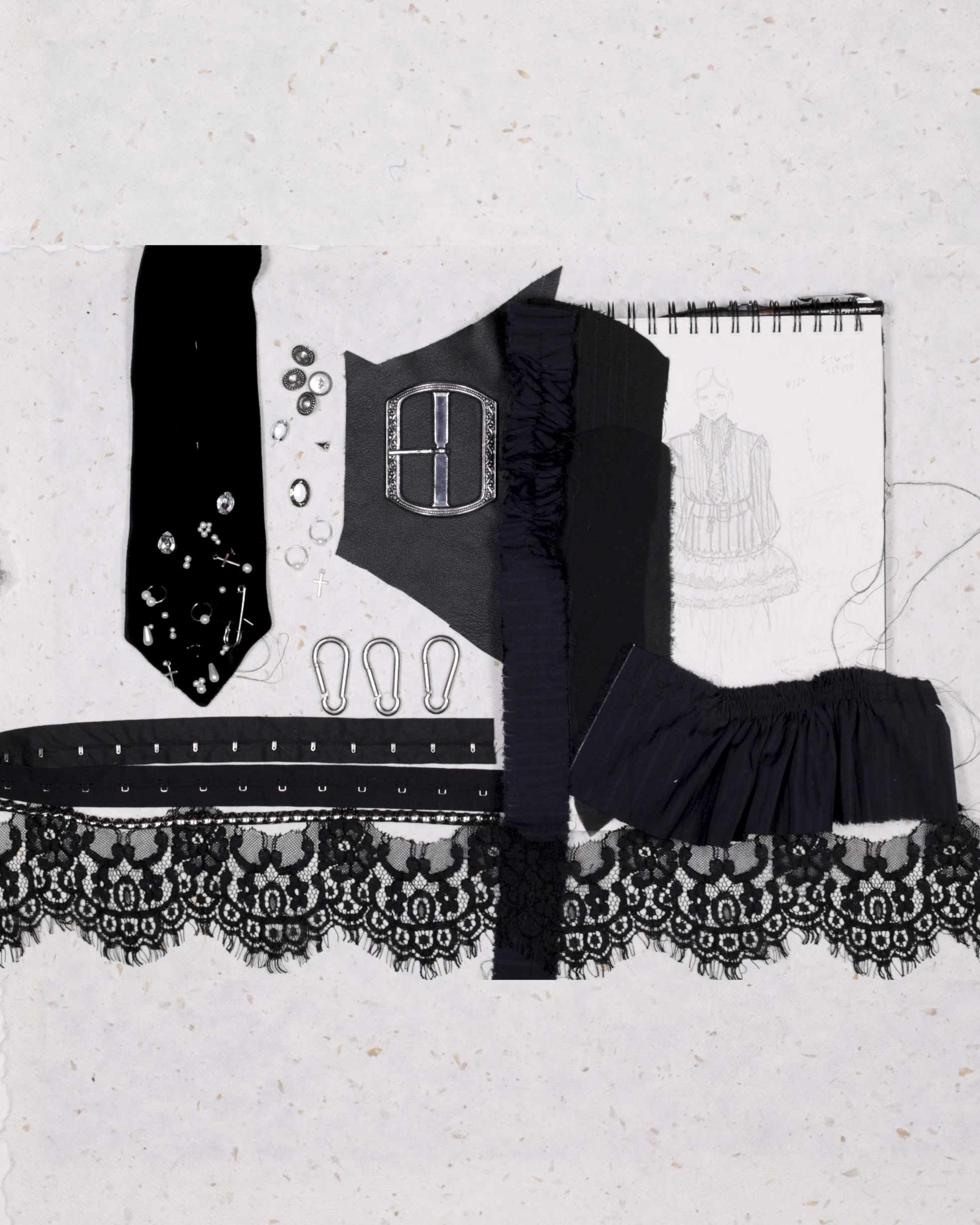






Helka Räty
Toinen, kolmas ja viides minä
Helka Räty describes herself as an everlasting melancholic, a life romanticiser, and a silly soul who thinks that the best way to recognise good boots from bad is by clacking the heels. She is interested in atmospheres and vibrations, both beautiful and soft and grand and blue. As a designer, she examines how visual concepts and costumes can capture and bring these alive. In her work, she strives to create visual worlds and getaways. She is interested in the complexity and imagination of the human spirit and how many characters can live inside even one person. She has at least four.
Jacé, Karita, The Lady of the Moon and The Widower are Helka’s four embodiments of self. In her thesis, Helka studies dressing up as alter egos as a way to examine the versatility of self. Alter ego can be a way to express our hidden desires, ours but also a tool for escapism, a chance to become whoever and wherever.
In her audiovisual work, Helka brings those different selves through combining fashion, motion picture and audio to the surrounding space. Making those inner worlds come true. The work is a deep dive into the universe of one self and four alter egos.
IG: @ratyhelka
Email: raty.helka@gmail.com
The team

KOE25 team
Aada Peltoniemi
Alica Lilja
Arttu Mikkonen
Emilia Oksanen
Helka Räty
Ira Haili
Jenne Välitalo
Kerttu Lindroos
Miia Keskitalo
Rasmus Pihtsalmi
Rosemarie Veloso
Stella Jakob
Susanna Korte
Wilma Paatola
Ninni Mertala
Supporting team:
Event coordinator & producer: Susanna Björklund
Assistant producer: Mirka Maliniemi
Assistant coordinator: Jarkko Karppinen
Photography: Mark Sergeev, Enni Sorvisto & Matti Koskinen
Video: Mark Sergeev & Einari Toiviainen
Graphic designer: Beeda Höijer
UX/UI designer: Essi Alila
Digital Development: Hash Varsani | Varsani.Media


